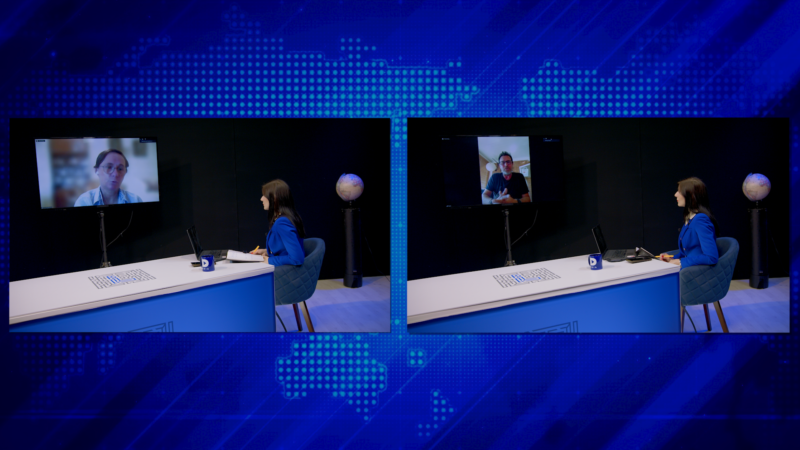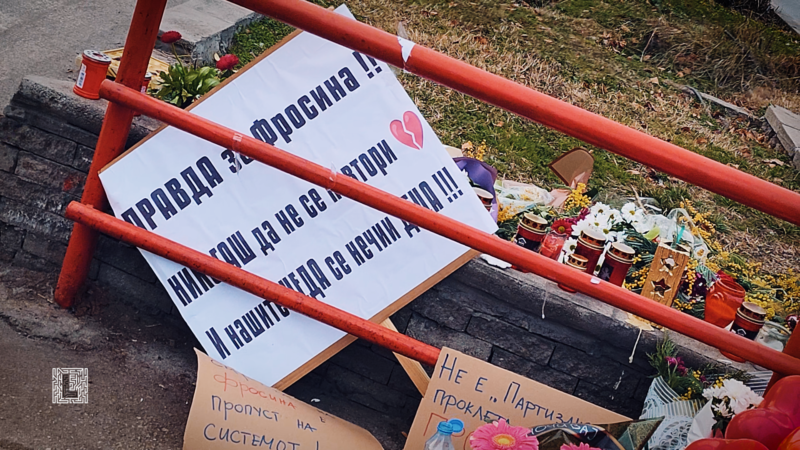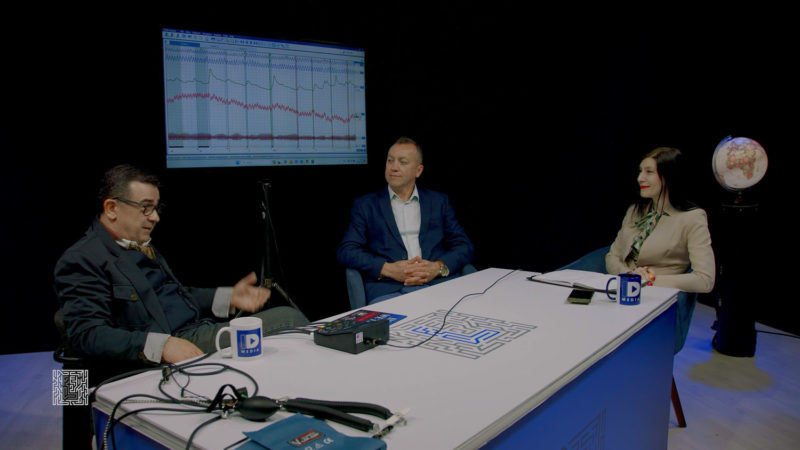Women in the private security sector
In the first March edition of Labyrinth, we talk about women in the private security sector with the Secretary General of the Chamber of Private Security, Sanja Kermetchieva. Similar to the state, in the private security sector only 10% of the employees are women. As long as we talk about quotas, as long as we count how many women are in certain positions, regardless of whether it is in the highest state positions, whether it is a position of women managers, whether they are in rectors, in dean's
administrations and so on, in any which position or in specific jobs in security, how many women are police officers, how many in private security, how many are soldiers...
Until then and while we are talking about this and while there is a need for special conventions, special laws and policies in companies, we are facing with gender inequality.
You Might also like
-
Шпанците со поддршка за признавање на Палестина, но се исплашени од внатрешнитеосцилации на крајната десница
Does Spain fear a far right blockade to their progressive aspirations?
Spain is one of the countries that recognized Palestine. In its capital, European far right had the biggest summit ahead of the upcoming European elections. These are the subjects that we discussed with the journalist Roger Persiva from Madrid, who explained the situation in Spain into detail as well as the position of the Spanish government.
The second guest in Labyrinth is the political scientist and researcher Sonya Stojadinovic. We discussed the active wars, as well as Stojadinovic’s researches regarding Chinese investments and loans on the Balkans and in Europe.
Post Views: 2,664 -
Граѓаните на улица против корупција и неказнивост
Голем број граѓани се собраа на Партизанска, на местото кадешто беше прегазена младата Фросина да побараат правда. Протестот продолжи до Собранието и заврши пред судовите. Граѓаните со молк изразија сочувство и голем дел од нив рекоа дека ќе продолжат да протестираат додека правдата не биде задоволена. На протестот присуствуваше семејството на младата Фросина, како и семејствата на претходните жртви на дивеењето на Партизанска.
Post Views: 788 -
Simulation of polygraph testing and Eye Detect – What tricks did the polygraphists face?
Се што треба да знаете за полиграфот.





